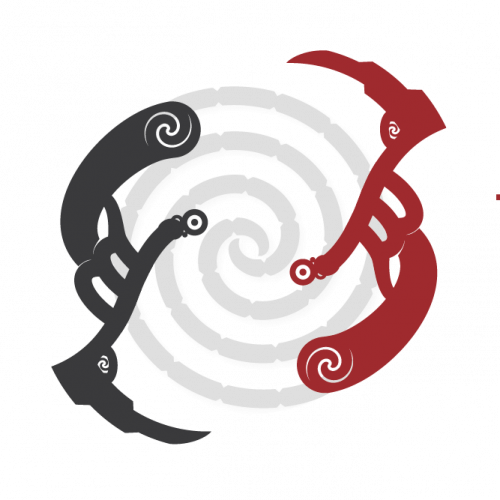
Niho Taniwha: A journey towards improving learning and teaching for ākonga Māori
Read about how the kaupapa of Niho Taniwha, a book written by Dr Melanie Riwai-Couch, is being used to improve the teaching and learning for ākonga Māori. This support is available for schools as a regionally allocated MOE professional learning provision.
The purpose of this book “ ...is to increase understanding about how teachers can provide better teaching and learning experiences for ākonga Māori...Niho Taniwha is also for school leaders who create the environment within which teachers work. If this book does its job well, then you will move between different states of feeling connected, challenged, and – increasingly - empowered”
~Dr Melanie Riwai-Couch, Niho Taniwha
Niho Taniwha stands as a dedicated kaupapa focussed on improving the learning and teaching for ākonga Māori predominantly in English-medium education settings. This program, accessible through Ministry-funded hours or direct contracts with Evaluation Associates, revolves around a professional learning journey, empowering teachers and leaders to transform their practices and, in turn, improving the educational outcomes for ākonga Māori.
When confronted with the question of how to improve learning and teaching for ākonga Māori, the answer is multifaceted. There is no one-size-fits-all solution, and certainly no silver bullet. As educators and leaders, our responsibility lies in giving practical effect to Te Tiriti o Waitangi. This involves ensuring that the voices of whānau, hapū, and iwi are actively considered in decision-making processes that impact our rangatahi. Additionally, a conscientious approach to our practices, coupled with robust processes, is essential to verify that our efforts are genuinely improving learning and teaching practices, thus ensuring equitable outcomes.
Professional learning plays a pivotal role in supporting both beginning and experienced leaders on the journey of cultural competency. The strength of Niho Taniwha lies in its co-construction and collaborative approach, ensuring that every kaiako can envision themselves within the learning process. Facilitators of this program engage with senior leadership teams, middle leaders, and classroom teachers, adhering to the belief that all levels within a school community must actively participate for the necessary transformative shift to occur.
Niho Taniwha actively supports schools in incorporating perspectives and expertise from students, whānau, teachers, iwi, and hapū to co-construct and review teaching and learning programs. This involves equipping leaders and teachers with the skills to engage and collect the voices and lived experiences of these stakeholders. Once gathered, this invaluable input is utilised to guide meaningful responses and improvements.
Niho Taniwha aspires to foster sustainable improvements within schools during their direct engagement with the kaupapa. Sustainability, in this context, means that leaders' and teachers' practices evolve in a manner that brings about systemic changes, thereby improving the learning outcomes for ākonga Māori. Despite possible resource constraints, teachers are supported in continuous reflection, ensuring constant improvement and a positive educational experience with equitable outcomes for ākonga Māori.
Niho Taniwha collaborates with schools to unravel the historical and national narratives that have perpetuated the status quo over time. Recognising that we are all agents of change, whether as classroom teachers shaping specific curriculum contexts or as leaders ensuring inclusive collaboration in policy decisions, is fundamental to the process.
In essence, the kaupapa of Niho Taniwha is unwavering in its commitment to improving learning and teaching for ākonga Māori. Schools that have embraced this program have experienced success in diverse ways, each contributing to an overall improvement. The question then becomes: What improvement do you aspire for in your educational journey for ākonga Māori?
- You can purchase the Niho Taniwha book from Huia Publishers or elsewhere online
- Learn more about how to apply for regionally allocated PLD.
- Read more about Niho Taniwha in this blog post: https://www.evaluate.co.nz/blog/niho-taniwha-it-is-time.
